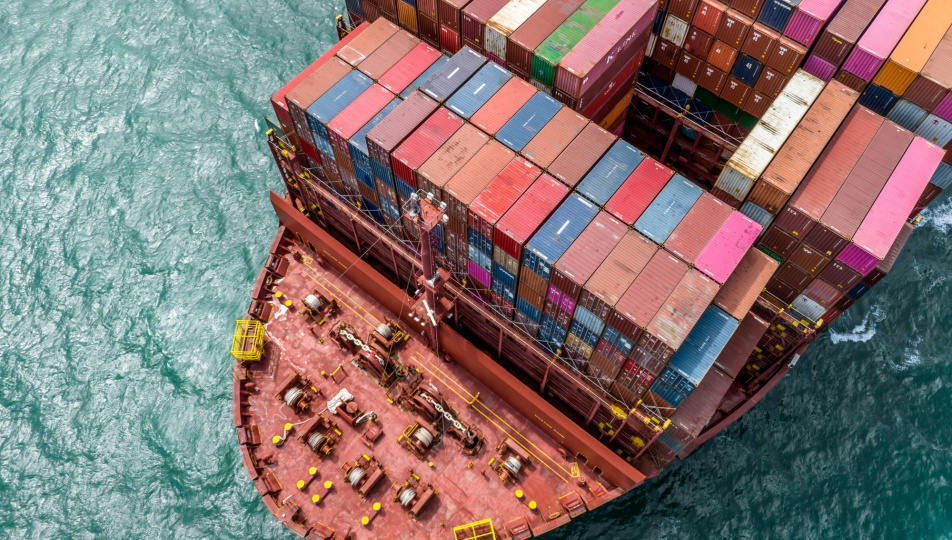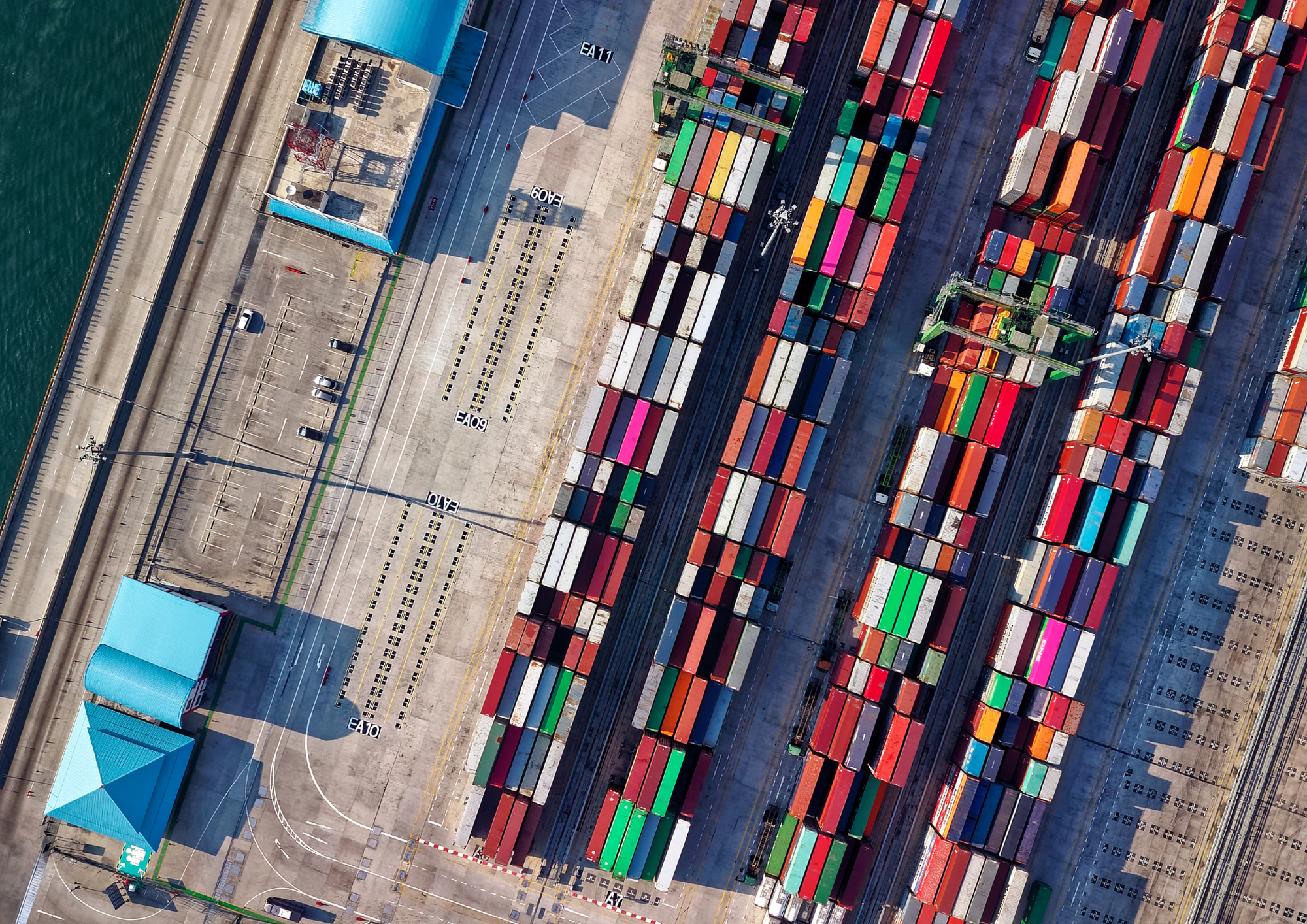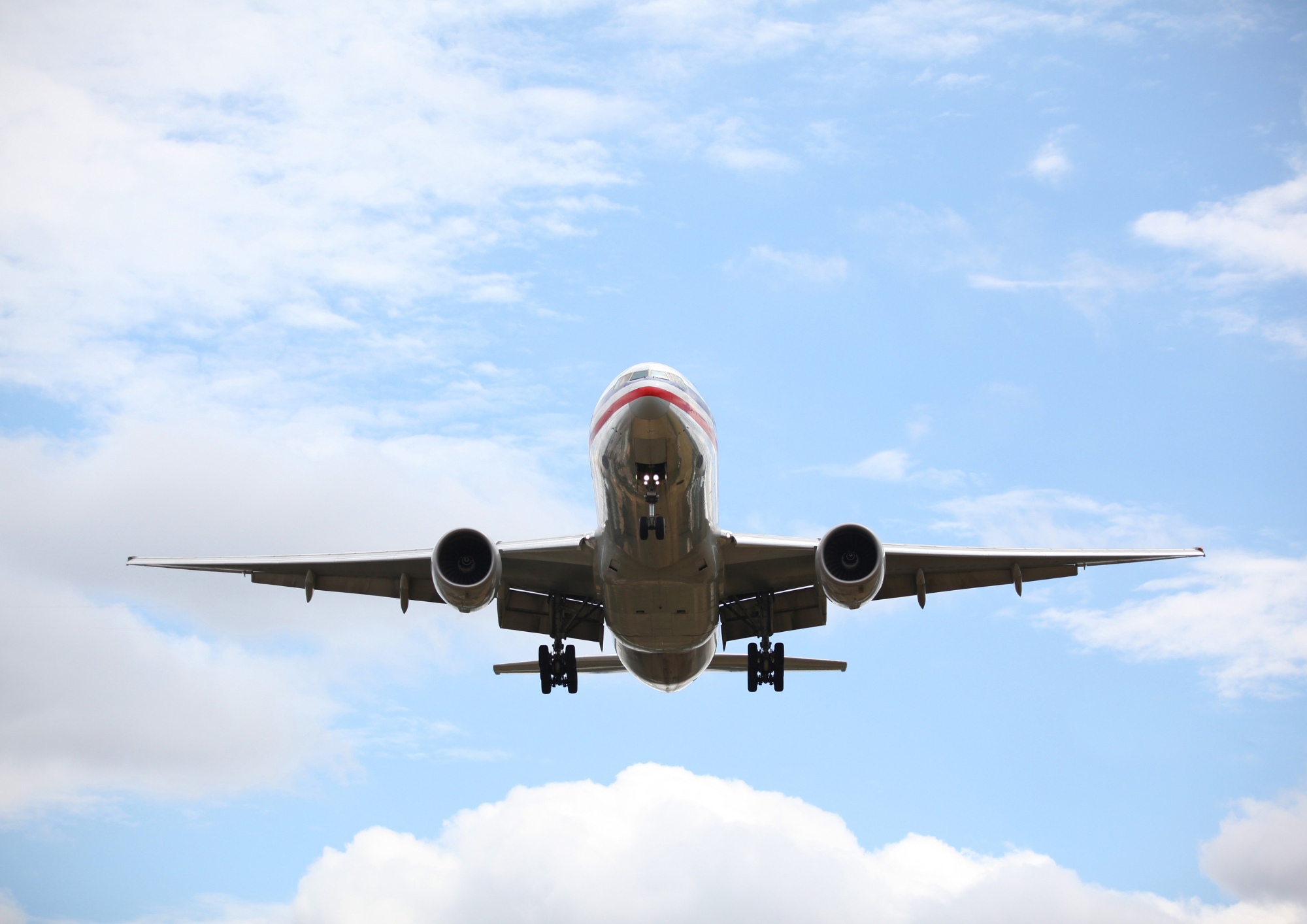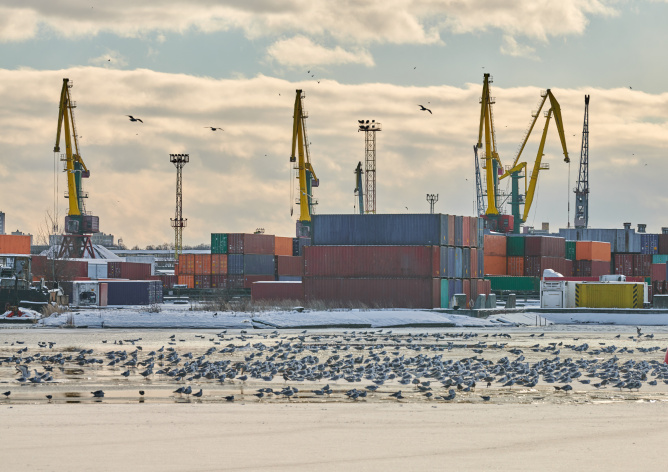Newsletter 09/2025: Actual situation in international transport

And here we are in September. Some people are sad because the days are getting shorter and vacation time is over. Others are happy because the days are getting shorter and substitute teaching is over. While your children are labeling their notebooks and you are planning logistics for driving them to their extracurricular activities, you can take a look at some snippets from the world of transportation and decide whether it is more a cause for sadness or joy.
OCEAN AND INTERMODAL TRANSPORT
The Christmas season shipping season is definitely over. Asia is reporting declining booking volumes, and with that comes the popular decline in ocean freight rates from the Far East. We will see if it will mirror the spring trend in maritime imports, when low prices for certain services contributed to filling these ships and subsequently the port, where containers were able to stay for up to 5 weeks.
But is there still reason for these concerns? After all, the containers that will be shipped in September will not arrive at European ports until October or even November. Won't the situation be different by then?
Given the declining volumes on the sea side, one would like to estimate that once the heaviest volumes arrive, there is really no reason for the congestion to continue. But since congestion is a blockage of the port, it is necessary to look at the other side, which is the route out of the port. There, we have been reporting long-term problems, closures, and other measures that complicate, prolong, and increase the cost of collection.
Let's take a look at a rough list of planned restrictions that will affect both import and export transport, so you can get an idea for yourself:
Closures on the corridor to/from northern German ports:
August 2025–April 2026
Berlin–Hamburg: detour most often via Hanover or Rostock. Limited services: northern German ports <-> CZ, SK, PL, HU, AT, KOWU (Berlin), Balkans
September
September 19–26, 2025: Elbe Valley, daily from 8:50 a.m. to 6:50 p.m., detours via Cheb/Schirnding, Horka, partly Passau. Limited services: Northern German ports, Rotterdam, Duisburg <-> CZ, SK, HU, AT, Balkans
October
October 2–6, 2025: Bremen–Bremerhaven, detour via private infrastructure with diesel traction. Limited services: all shipments to/from Bremerhaven
03.10. – 05.10.2025: Finkenwerder Bridge Hamburg – Eurogate and CT Burchardkai, daily from 07:00 to 18:00, no alternative route possible. Limited services: all shipments to/from the named terminals.
06.10.2025: Finkenwerder Bridge Hamburg, 07:00 – 12:00
17.10. – 24.10.2025: Oderbrücke, detour via Horka. Limited services: North German ports <-> PL
26.10. – 08.11.2025: Elbe Valley, complete closure, detours via Cheb/Schirnding, Horka, partly Passau. Limited services: North German ports, Rotterdam, Duisburg <-> CZ, SK, HU, AT, Balkans
November
13.11. – 16.11.2025: Elbe Valley, daily 08:50 – 18:50, detours via Cheb/Schirnding, Horka, partly Passau. Limited services: North German ports, Rotterdam, Duisburg <-> CZ, SK, HU, AT, Balkans
December
December 1–10, 2025: Elbe Valley, complete closure, detours via Cheb/Schirnding, Horka, partially Passau. Limited services: northern German ports, Rotterdam, Duisburg <-> CZ, SK, HU, AT, Balkans
Each of these closures has an impact on rail operators' services. Where possible, they are running on alternative routes. However, these often mean not only longer distances, but also reduced technical parameters, which require trains to be shortened, i.e. their capacity to be reduced.

GOLDEN WEEK
China is also preparing for one of its two traditional long holidays, the autumn Golden Week.
October 1-8, 2025, are national holidays and days off in China. It is possible that, despite the aforementioned decline in demand, this week-long break will put pressure on space on ships before the holidays begin, and ships will be traditionally full. At least for those services that are attractively priced, overcrowding can be expected.
We do not yet have confirmation of our agents' working hours, but we expect them to follow the official dates mentioned above, with China compensating for the long holiday with two working Sundays, October 28 and October 11.
AIR TRANSPORT
Air imports, or rather the rates for them, are currently favorable from the Far East, and our colleagues from air transport traditionally urge us to remind our customers of this, because rates traditionally rise as Christmas approaches. But let's be honest, if you have goods that are urgent and you can't meet your deadlines by sea or any other means, you're certainly not going to keep them in storage in Asia so you can fly them out later at a less favorable price.
What may surprise you, however, and is certainly worth noting, is the economy service from China, which offers very attractive conditions for bulkier goods that are comparable to direct trucking.
Whether you are targeting the Asian or American market with your goods, there is no better time than right now. Prices are more than attractive, but they will not last forever. However, an increase is expected in the longer term, approximately two months from now, unless something extraordinary happens. So you still have time to ask us to compare the costs of air export. We are ready for you!
air@wakestone.cz
RAIL TRANSPORT
The coming weeks on the railways from Asia to Europe are traditionally among the busiest times of the year, so we recommend booking and planning your shipments well in advance. The situation will also be affected by the upcoming Golden Week in China, which will not only cause capacity restrictions but also the cancellation of some regular departures. In this context, there may also be an increase in the cost of services during October.
As far as current transit times are concerned, the speed of container clearance at the Chinese-Kazakh border has stabilized in recent months and there are no significant delays in the arrival of trains in the EU.





